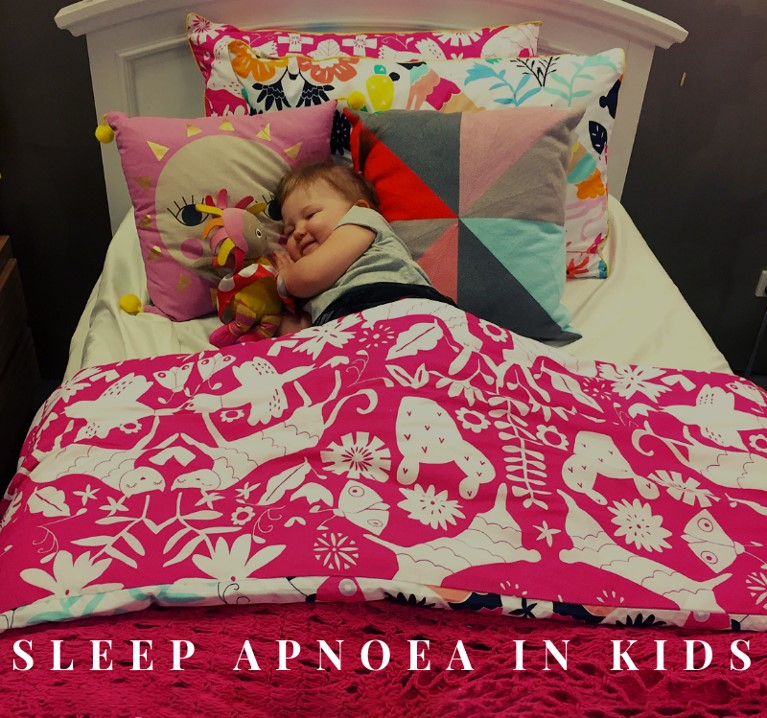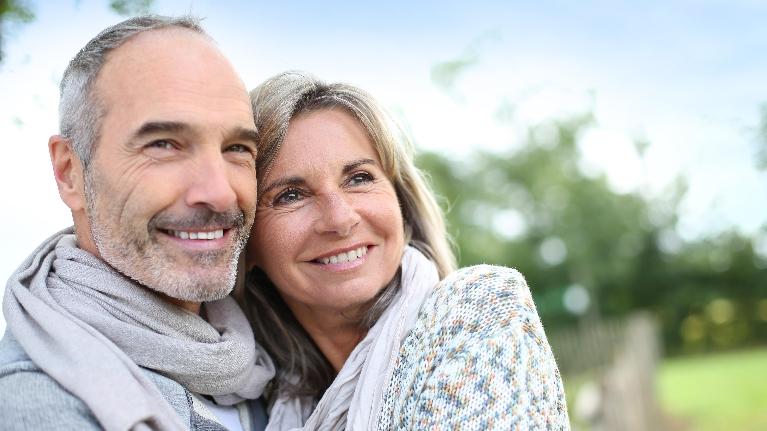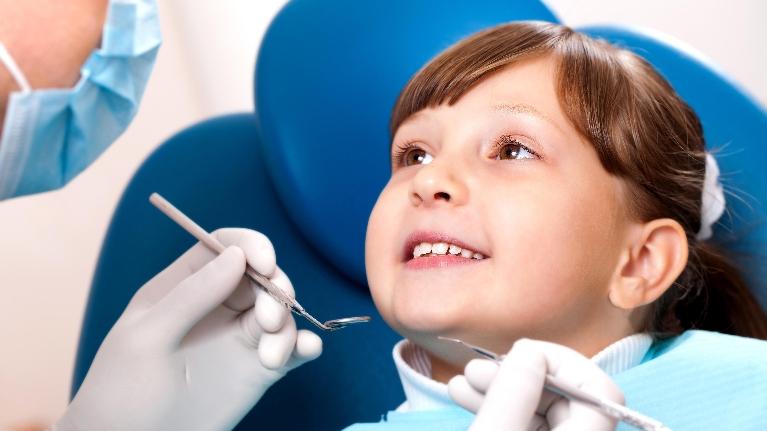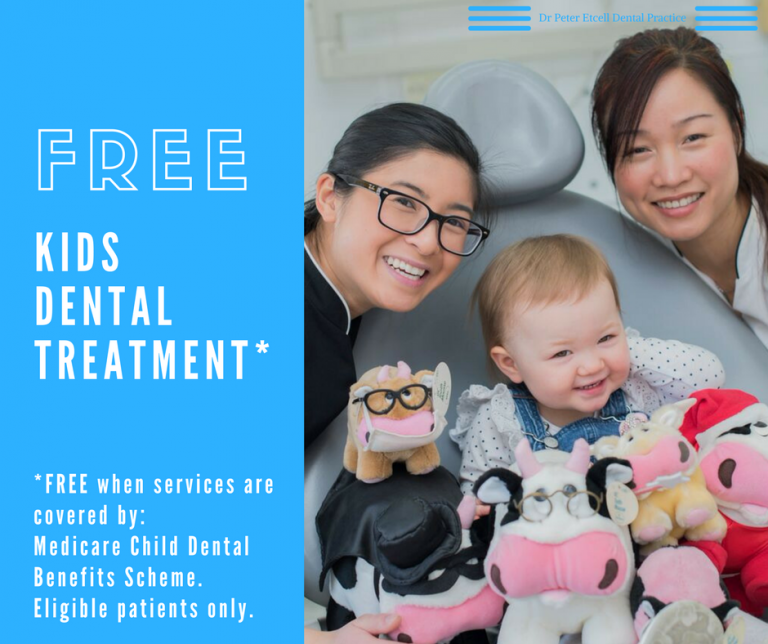Sleep Apnoea is a condition that we usually associate with adults, but did you know that it affects children as young as 3 years old?
Sleep Apnoea is usually surrounded in confusion, starting with how we spell it! Apnea is the American spelling, but Apnoea is the English/Australian spelling. Often it is thought that if you snore, you must have Sleep Apnoea…this is not always the case, for both adults and children.
Sleep Apnoea can be caused by blockages in the airways, a small lower jaw, or a narrow, pointy upper jaw. It is a condition where a person stops breathing for a short period, on a regular basis during their sleep. Episodes last from 10 seconds to a minute. The most common cause for this in children is a combination of enlarged tonsils and adenoids in a smaller anatomic airway.
Apart from snoring, the following are some signs to look out for in children:
- pauses in breathing which may end with a gasping or choking
- brief awakenings as the child struggles to
- sleeping in strange positions or with their neck
- tooth grinding in their
- sweating a lot during
- prolonged
- dry mouth, headache or confusion on
- being unrefreshed in the morning
Sometimes spotting these night time symptoms is not easy, but there are also things you can look out for during the day
Infants may:
- feed poorly
- fail to gain weight
- experience developmental delays
Older children may have problems with their behaviour, such as:
- being hyperactive
- being aggressive
- having trouble learning or not being able to focus well
Sleepiness can cause personality changes, poor school performance and interpersonal relationship problems. A child may lag behind in many areas of development and become frustrated and depressed.
If untreated, Sleep Apnoea can also cause heart problems and high blood pressure in some children.
If you feel that your child may have any of these symptoms, please bring it up with us on your next dental appointment. Or schedule one sooner, if you feel it is necessary. We can assess your child and provide you with a referral for large x-rays that will show us if there are any obstructions to be concerned about. We can also organise a direct referral to a paediatric Ear, Nose and Throat specialist if you have any concerns, and/or liase with your GP doctor to keep them informed with any positive findings.
Here's an example of a child with Sleep Apnoea. It is a long video, but it shows how a child can struggle during the night.





